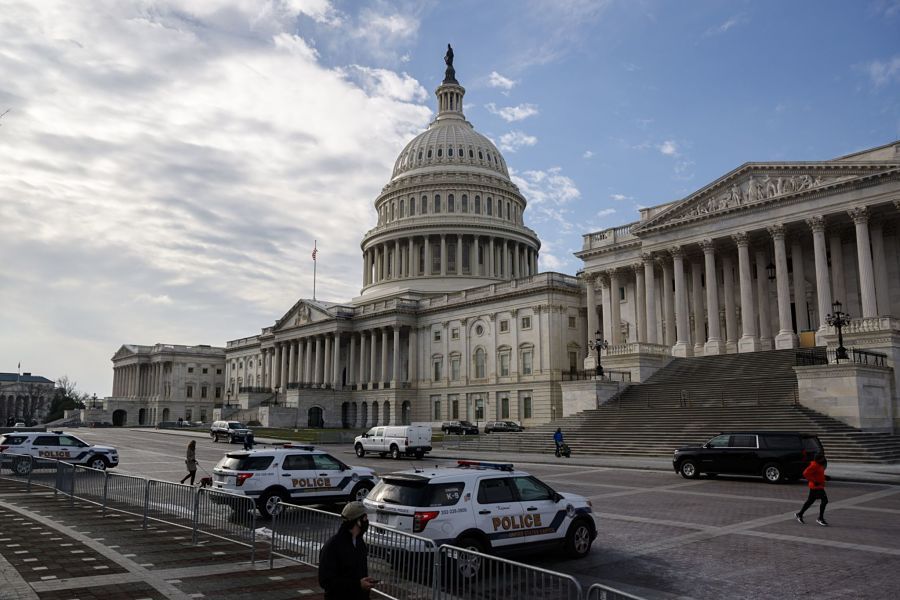The Department of Labor has issued a proposed rule that would empower ERISA fiduciaries to consider environmental, social and governance factors when making investment decisions on behalf of plan participants and when voting corporate proxy ballots.
The proposal reverses the DOL rule enacted in late 2020, which inexplicably asserted ― despite abundant evidence to the contrary ― that ESG factors were not material to financial performance, thereby essentially prohibiting fiduciaries from including ESG funds in retirement plans.
The new rulemaking is a great step forward. The transition to a more sustainable economy will require increased attention to material risks and opportunities, including those related to ESG factors. The DOL’s prior rule effectively prohibited consideration of such material factors, substituting the judgment of government bureaucrats for that of experienced investment professionals and fiduciaries. That put today’s workers and tomorrow’s retirees at risk, and it’s encouraging to see that the department has reversed course.
The new proposed rule states that “Material climate change and other ESG factors are no different than other ‘traditional’ material risk-return factors.” As Employee Benefits Security Administration acting assistant secretary Ali Khawar underscored, “in that context, fiduciaries should be taking them into account.”
At Impax, we couldn’t agree more. Careful consideration of ESG factors can help spotlight risks ― and opportunities ― that must be managed so that fiduciaries under the Employee Retirement Income Security Act can uphold their responsibility to act in the best interests of plan participants. This is particularly the case as we transition to a more sustainable global economy, in which environmental issues such as climate change and human capital issues such as diversity and inclusion will have more bearing on how companies and investment portfolios perform.
At this point, the evidence underscoring the materiality of ESG factors to business and investment risk is overwhelming. An analysis of more than 2,000 empirical studies concluded that approximately 90% of the studies found a significant relationship between ESG factors and corporate financial performance, and the majority of studies found that the relationship was statistically significant, positive and stable over time.
Under the proposed rule, fiduciaries will now have the freedom to choose strategies that benefit participants’ economic interests while also addressing such ESG issues as climate change, gender and racial equality, and other critical global challenges that are already influencing financial markets. This is good news for retirement investors.
While this new rule is necessary, and prudent, it won’t vanquish the chilling effect created by the DOL’s shifting interpretations of ESG materiality from one administration to the next. Even with the new proposed rule in place, some fiduciaries may be reluctant to include ESG options in retirement platforms for fear they will have to change course yet again under a new administration.
Congressional action would be welcome. It’s high time to end the debate about whether sustainability or ESG factors are material. They clearly are. The market has spoken and now the Department of Labor has as well.
Today there are nearly 400 sustainable mutual funds in the United States. Seventy-two percent of Americans are interested in sustainability-minded investments. An RBC Wealth Management survey of 1,000 clients conducted earlier this year revealed that 61% want to increase the amount of environmental, social and governance-focused holdings in their portfolios. In fact, ESG funds attracted $51.1 billion from investors in 2020 ― the fifth consecutive year of record-breaking growth. Yet fewer than 5% of defined-contribution plans include at least one sustainable fund, despite this growing demand ― 69% percent of respondents to a 2021 Schroders study said they would or might increase their contribution amounts if their retirement plans included ESG options. The proposed rule gives plan administrators a green light to add the options that growing numbers of investors clearly want.
The DOL rule is in the best interests of retirement plan participants. Should it be adopted, retirement plan sponsors will gain the additional leverage they need to evaluate a range of risks and opportunities arising as our global economy transitions to a more sustainable model. This will be critical to building resilient investment portfolios for plan participants in the years ahead. Indeed, their retirement security will depend on it.
Joseph Keefe is president of Impax Asset Management.
The post ESG, the proposed DOL rule and fiduciary duty appeared first on InvestmentNews.








